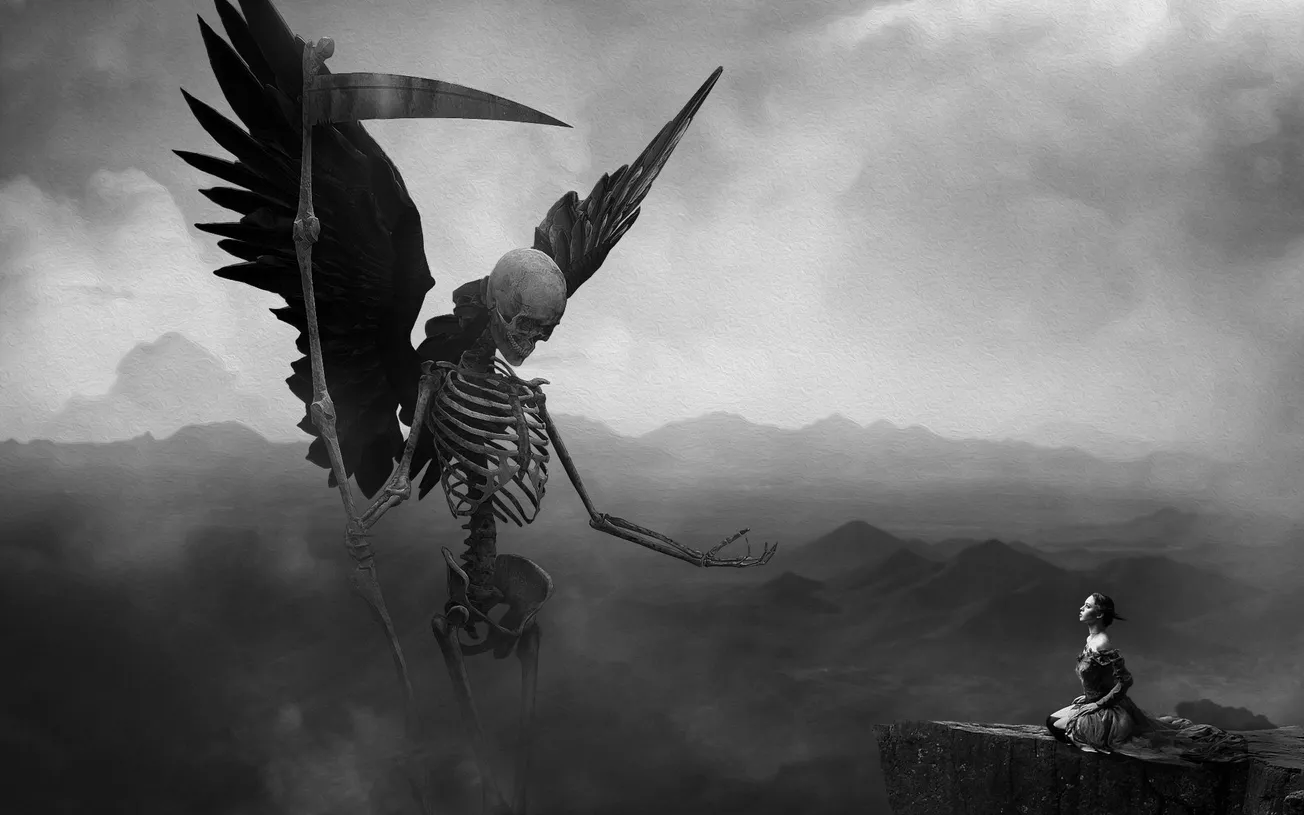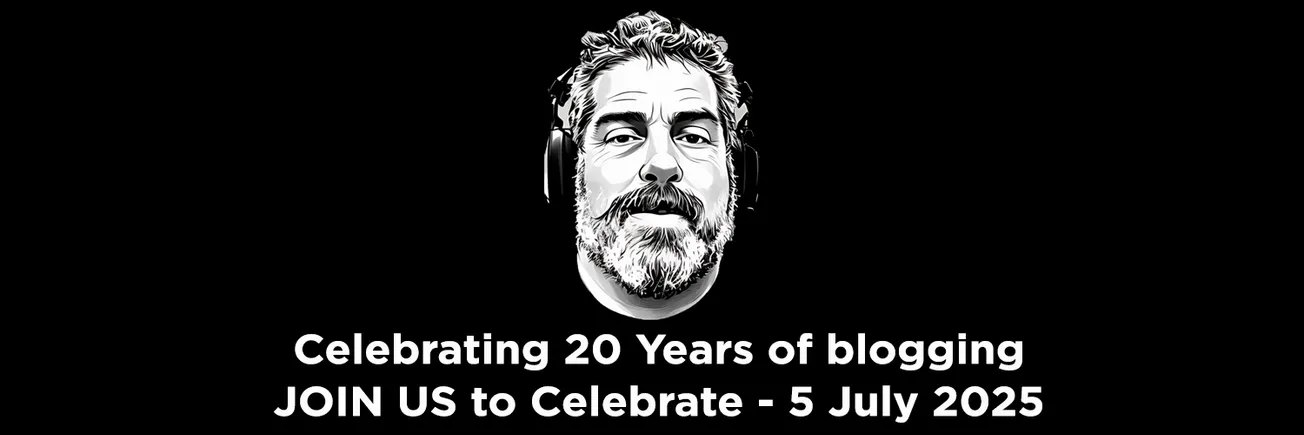Table of Contents
Too Right
A regular column by John Black
The Black Sheep Blog
Rightminds
Death and taxes, they say, are the two unavoidable facts of existence. But taxes can be avoided if you sleep in Albert Park and play the bongo drums for spare change outside McDonald’s. Death, on the other hand, comes for us all. Even if you move to Gore, grow a full beard and change your name to ‘Wayne Sommersville’. That bastard reaper is relentless.
I take it personally that the universe wants me dead. My fear of dying of Alzheimer’s or an aggressive arse cancer or a sudden embarrassing cardiac arrest in a public place, drives me to drink; which increases my chances of dying of cirrhosis of the liver. I take it slightly less personally that everyone I know faces the same fate. Even the millennial dickhead in the street yesterday who blew his vape smoke in my face and grinned like I should be grateful to have a gust of mandarin and coriander smoke up my nostrils. Even him. Kind of. But if death comes to us all that’s no reason to put out the welcome mat.
This week David Seymour’s End of Life Choice Bill gets a second reading. Like carbon taxes, transgender children and vegan sausages, it’s more popular with the media elite than the rest of us. When asked if people ‘not in pain’ should be allowed to end their lives (which is what the bill proposes) only 27% of respondents to the recent Euthanasia free NZ poll agreed. Over ninety percent of submissions on the bill were against it.
But aren’t the media just so eager to tell us why we’re wrong. Lately, Stuff NZ has been publishing a ‘debate’ on the merits of ending your life about as one-sided as the ghost of Ernest Hemingway reading out Kurt Cobain’s suicide note while Hunter S. Thompson cheers him on. Most contributions include harrowing stories of the suffering of loved ones or people facing the Big Sleep themselves.
Wishing dying people to be without pain is laudable but it’s not an argument for euthanasia, it’s an argument for better palliative care. The ‘slippery slope’ argument by which giving death pills to a cancer-ridden Nana leads to giving them to her depressed teenage grandson is much derided but experience in countries with euthanasia laws bear it out.
A 2015 survey of a group of Dutch doctors found that 11% had ended the lives of people without terminal illness but who were ‘suffering from life’. I suffer from that myself, especially on Mondays. Just last week the euthanasia campaigner New Zealander Sean Davidson was convicted in a South African court of assisting the suicide of three different people, all disabled but not terminally ill. One of them stated that he was not in physical pain but isolated and lonely.
Lately it seems that the value of human life is in some doubt. Environmentally concerned ‘Birth striker’ couples are deciding not to have children because they care more for ‘the Planet’ than each other. The idea that humanity solves problems as much as it creates them never enters the greeny-extremist head. Their child could be the one to come up with a solution. Or perhaps not, given the pedigree of the parents. Idiocy is mostly genetic. They are contributing to humanity’s better future then; just not in the way they intended.
This short-sightedness is echoed in the logic of the suicide – ‘It’s my life and I’ll end it if I wish’. This is the atomistic view of human life, taken by libertarians (I’m a recovering libertarian myself and I sometimes have the overwhelming desire not to tell people what to do). A moment’s examination should expose the hollowness of this. The experience of a friend’s or relative’s suicide certainly does. While we are not our brother’s keepers (that’s the socialist road), what others do does affect us – as anyone who has lived next door to octogenarian nudists would tell you. We are, like it or not, in some vague spiritual sense, all in this together.
Or as old John Donne wrote back in 1624:
‘Each man's death diminishes me,
For I am involved in mankind.
Therefore, send not to know
For whom the bell tolls,
It tolls for thee.’






